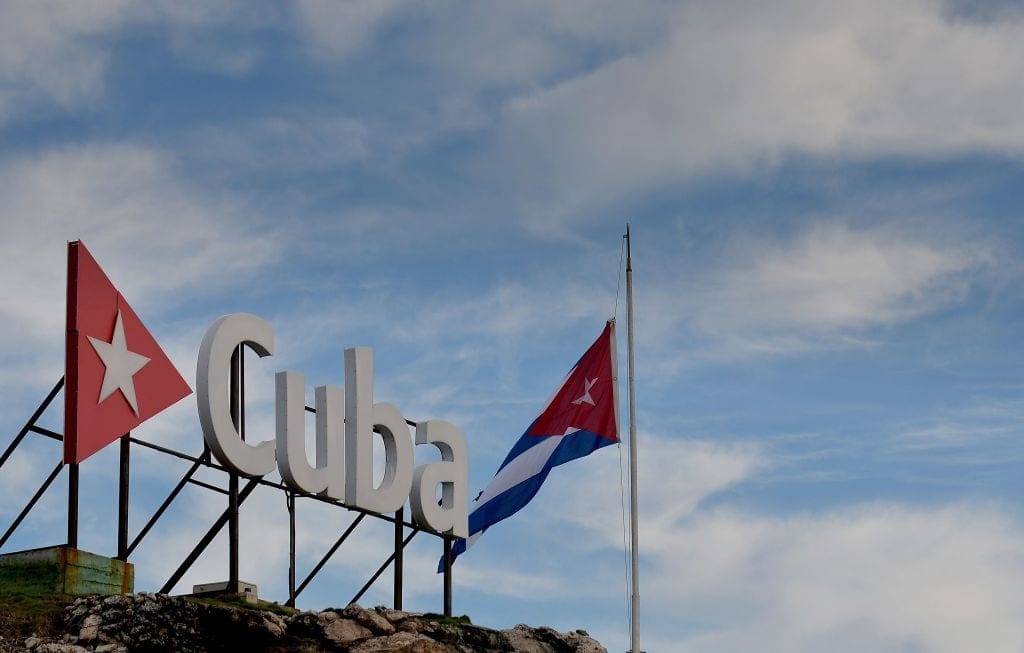On the 100th day of Miguel Díaz-Canel’s term as president of Cuba, Erika Guevara-Rosas, Americas Director at Amnesty International, said:
“The news that Cuba’s National Assembly has signed off on a new constitution that, among other things, opens the path to legalize same-sex marriage if approved by referendum in the coming months, is a potentially huge step forward for the rights of LGBTI people in Cuba and the Caribbean. We welcome this advance and urge the government to embrace dialogue with all sectors of society and allow plurality of voices as it makes further reforms.
“However, during the first 100 days of the Díaz-Canel presidency, we continued to receive frequent and alarming reports of Cuban authorities arbitrarily detaining human rights defenders and holding them in short-term detention. Environmental activist Ariel Ruiz Urquiola was conditionally released earlier this month, although the authorities could still return him to prison for the rest of his sentence, while another prisoner of conscience, Eduardo Cardet, remains behind bars almost 20 months after his arrest simply for peacefully exercising his right to freedom of expression.
“Clever showmanship by public officials at Cuba’s Universal Periodic Review before the UN in May failed to mask the reality of life on the island, where the authorities maintain a web of control through practices such as arbitrary use of criminal law and discriminatory dismissals of state employees. Cuba’s new administration still has an opportunity to dismantle the repressive state machinery that continues to overshadow any other advances in its fulfillment of human rights.”

